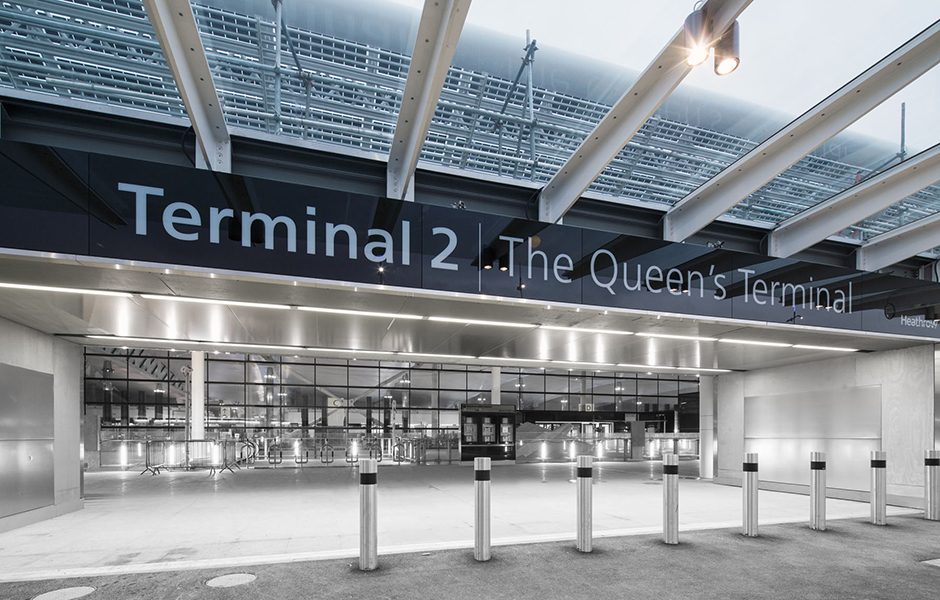Heathrow Airport has reported a £2bn annual loss after passenger numbers during the coronavirus pandemic dropped to levels last seen in the 1970s.
It said 2020 was the toughest year in its 75-year history and the loss “underlines the devastating impact of Covid-19 on aviation”.
Heathrow’s results contained a warning it may not be able to carry on if passenger numbers remain low.

However, its boss said the airport had enough money to cope until 2023.
John Holland-Kaye also told the BBC that he thought people would be likely to be able to go on their summer holidays.
Under the UK government’s roadmap out of lockdown, which was published on Monday, international travel might be able to resume in mid-May.
“For the aviation sector, we can start to plan ahead for 17 May to make sure we’ve got the people and the planes in place so that we can get, not just people on their holidays, but also start to get British businesses moving again,” he said.
Mr Holland-Kaye said it was likely that travel to the UK from “low-risk” countries such as New Zealand and Singapore would not require a Covid test, “medium-risk” countries where passengers would need a test, and “high risk” countries would require tougher passenger controls such as quarantining.
Vaccine passports
The UK is in discussions with G7 countries and others as to how to allow greater foreign travel, with talks underway with some countries about a potential passport scheme.
Mr Holland-Kaye said that a digital vaccine passport and international agreements would be needed to speed up travel at airports.
Currently it takes about 20 minutes per passenger at Heathrow to sort out the necessary paperwork, which will not be feasible when passenger numbers pick up, he said.